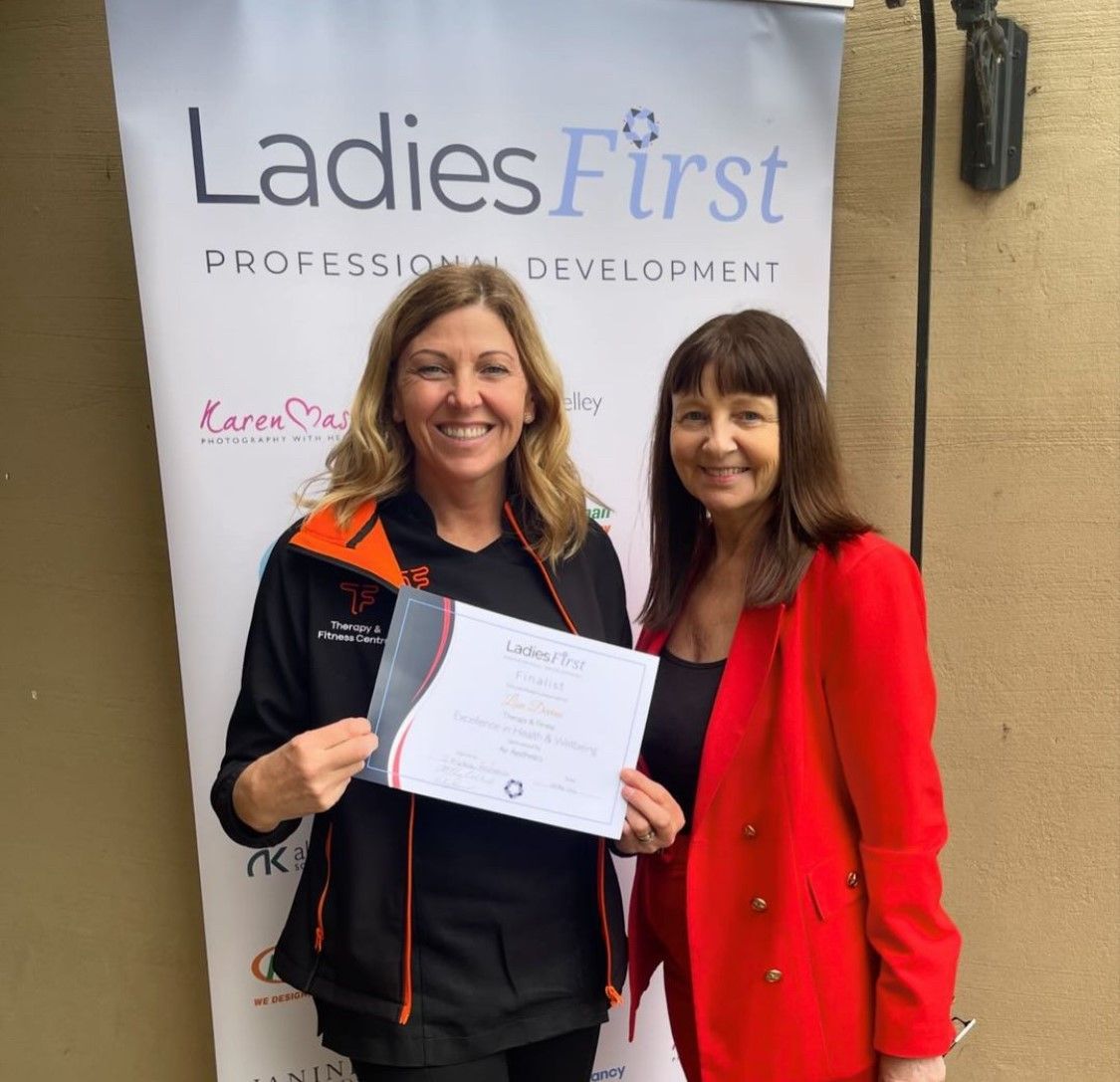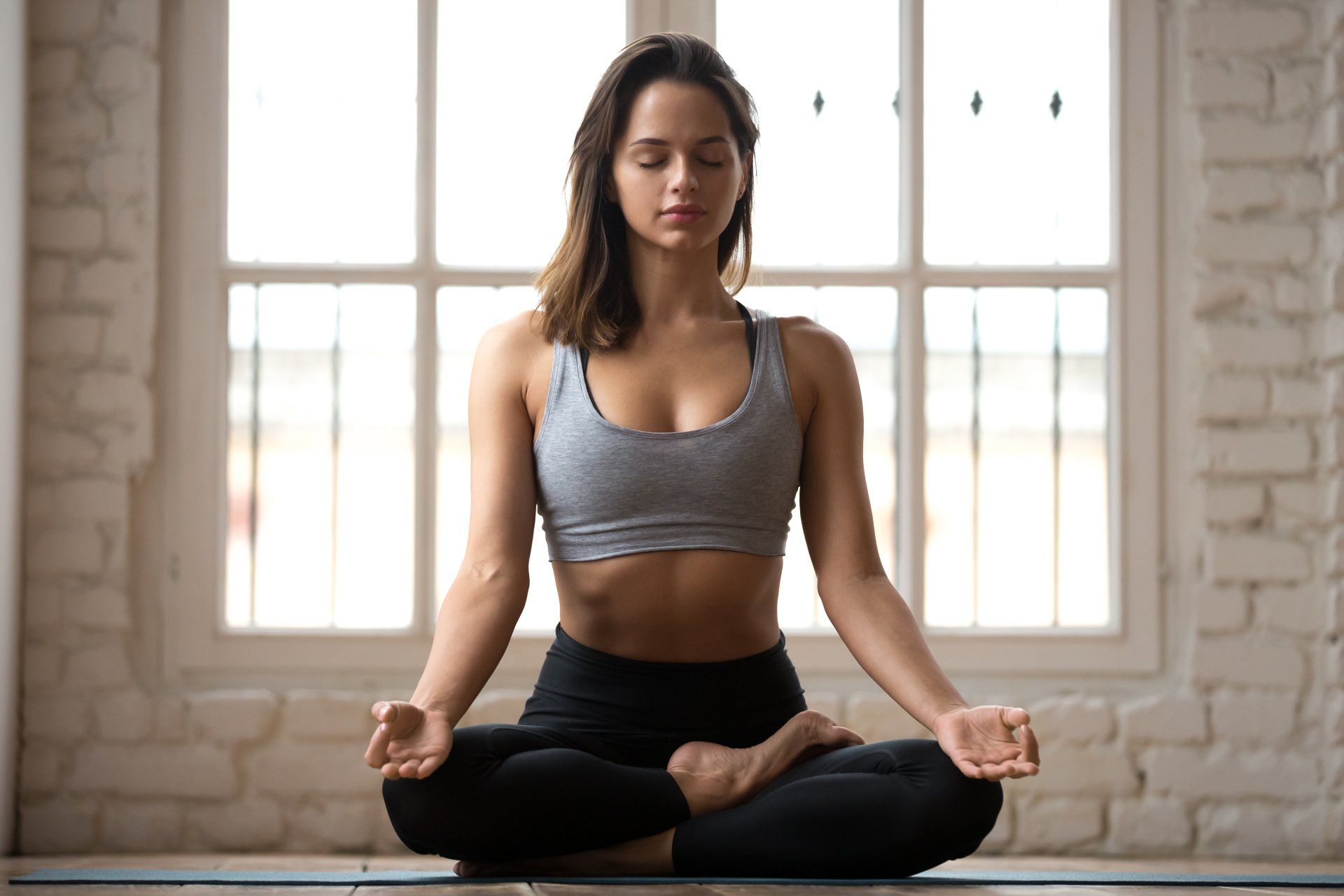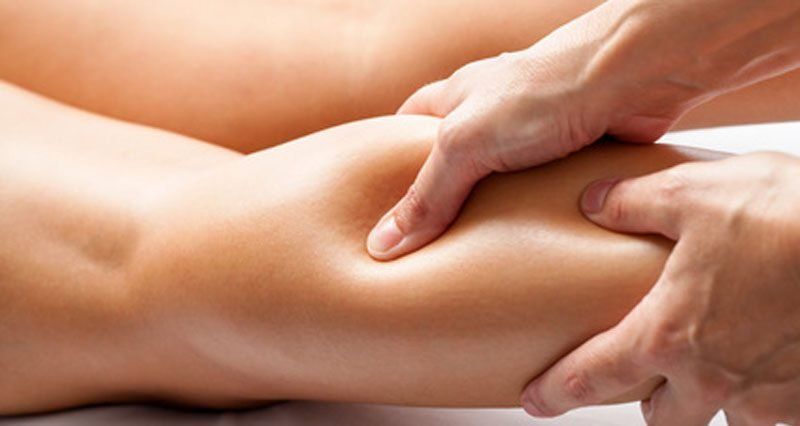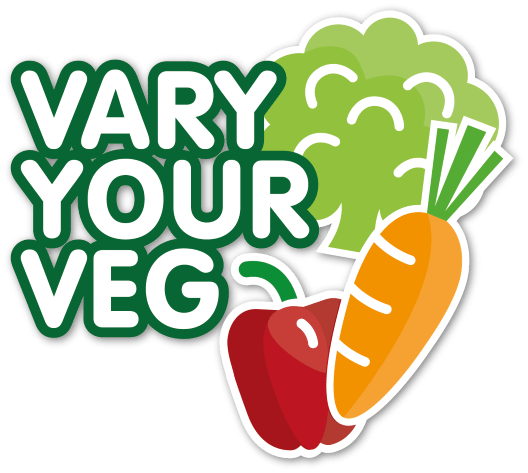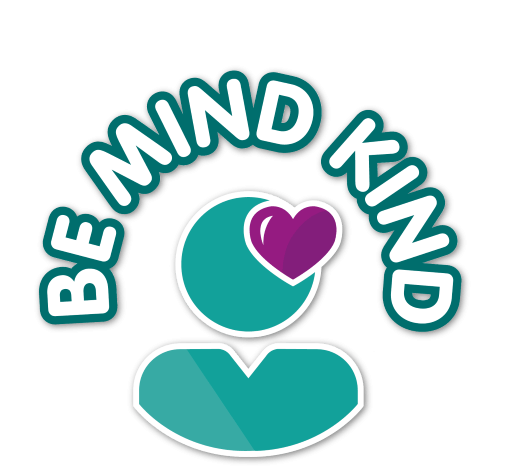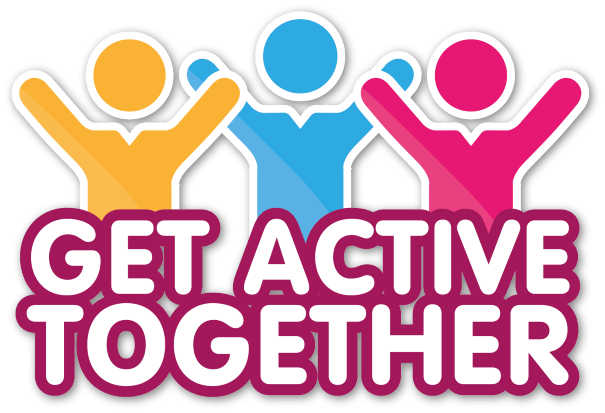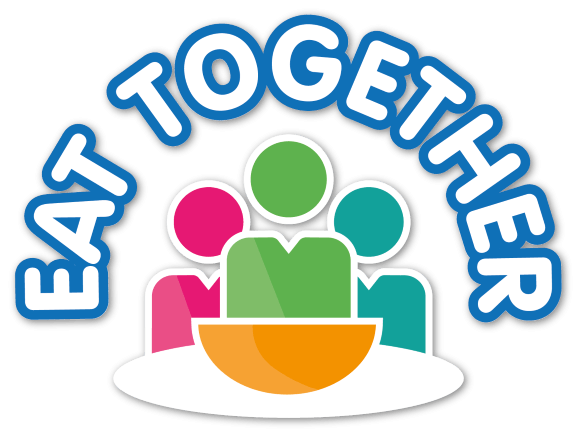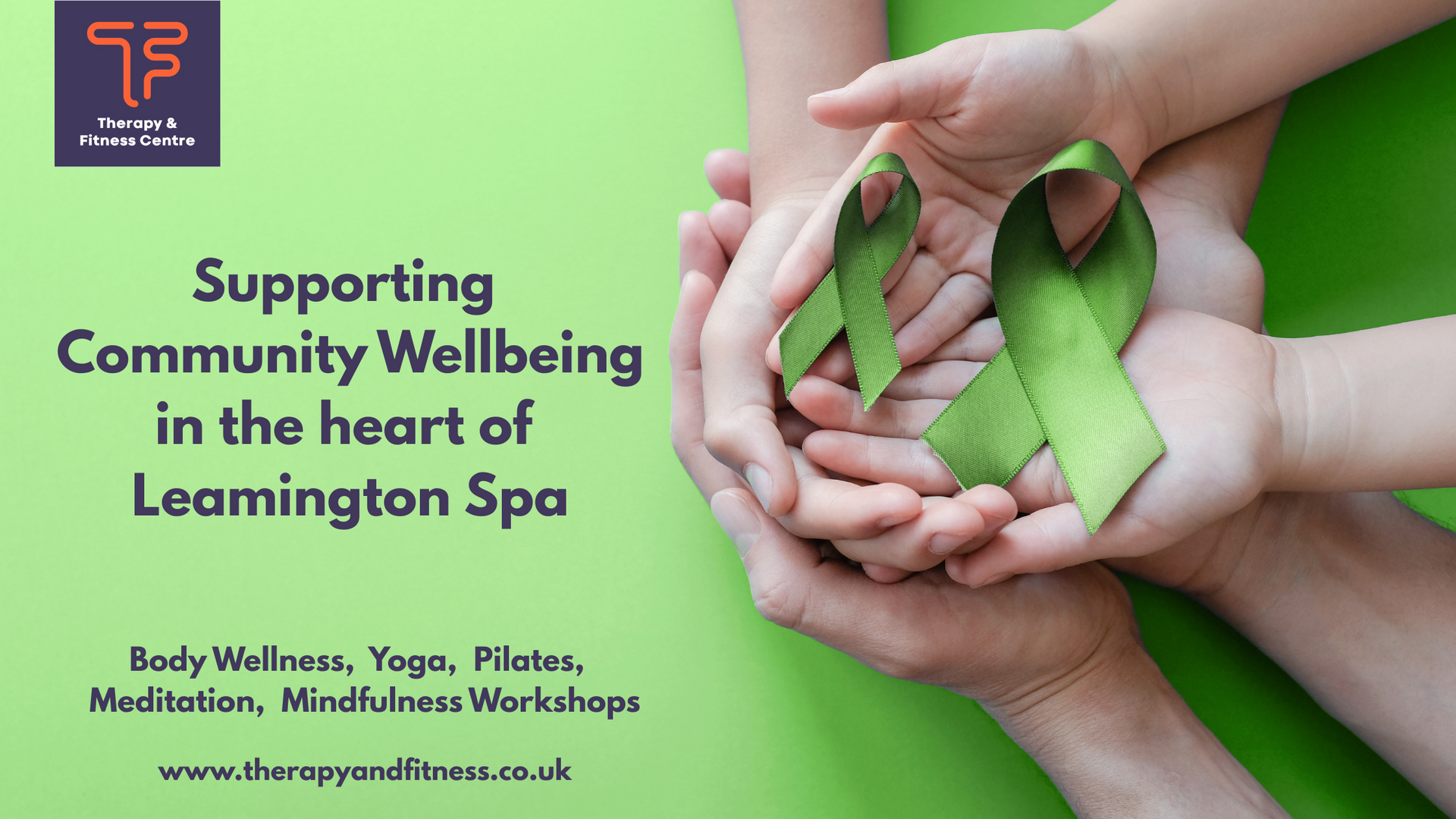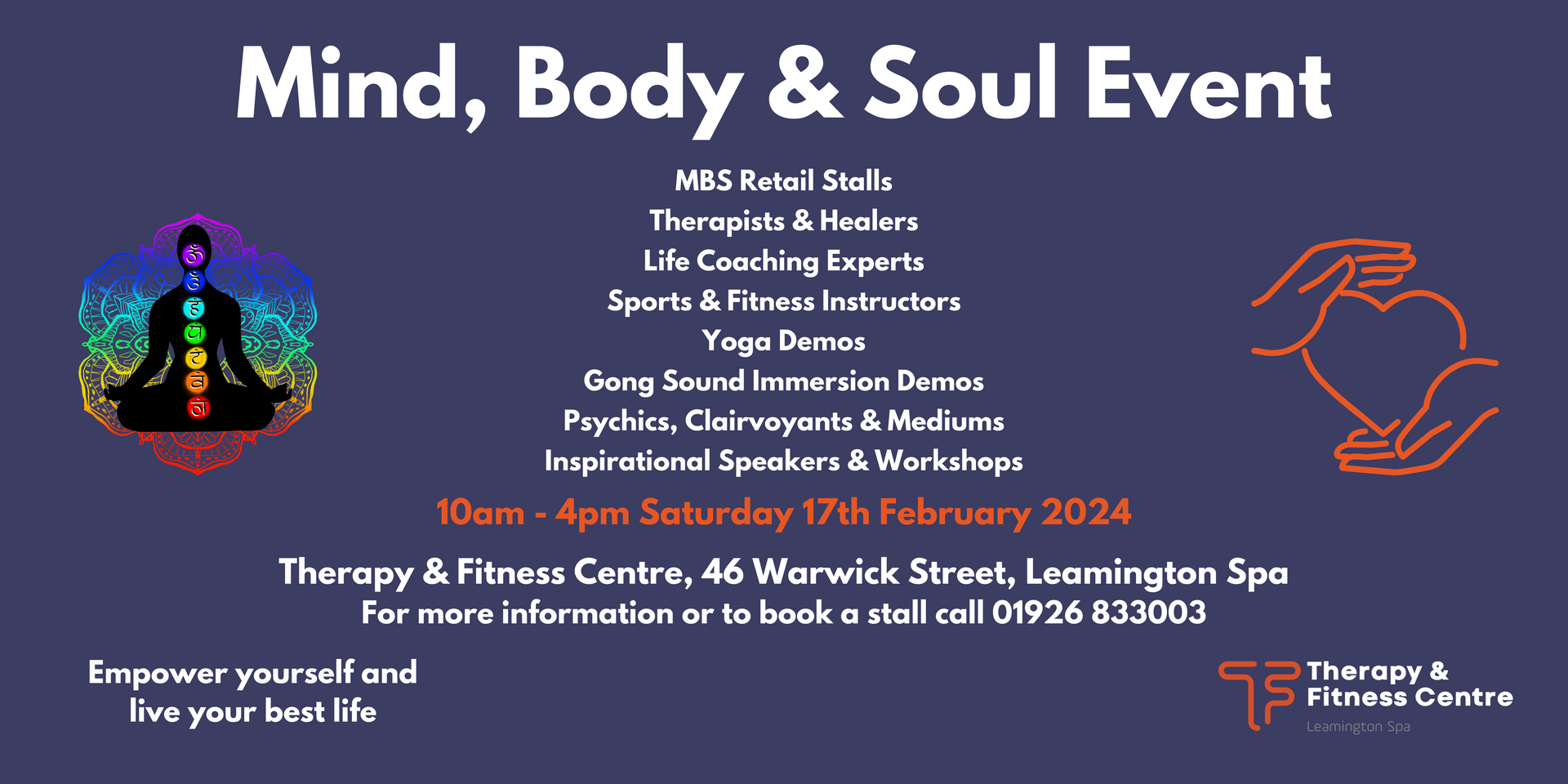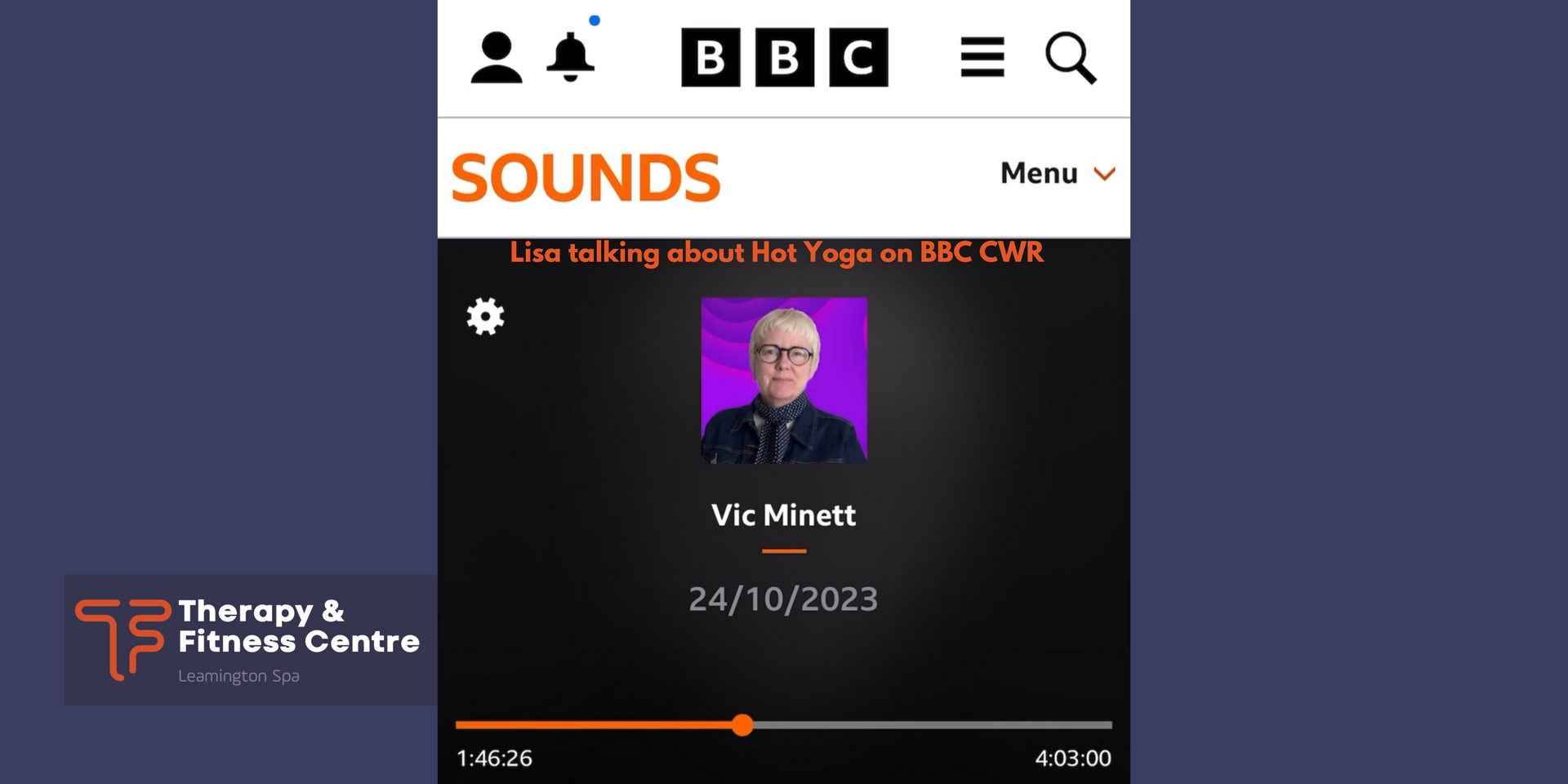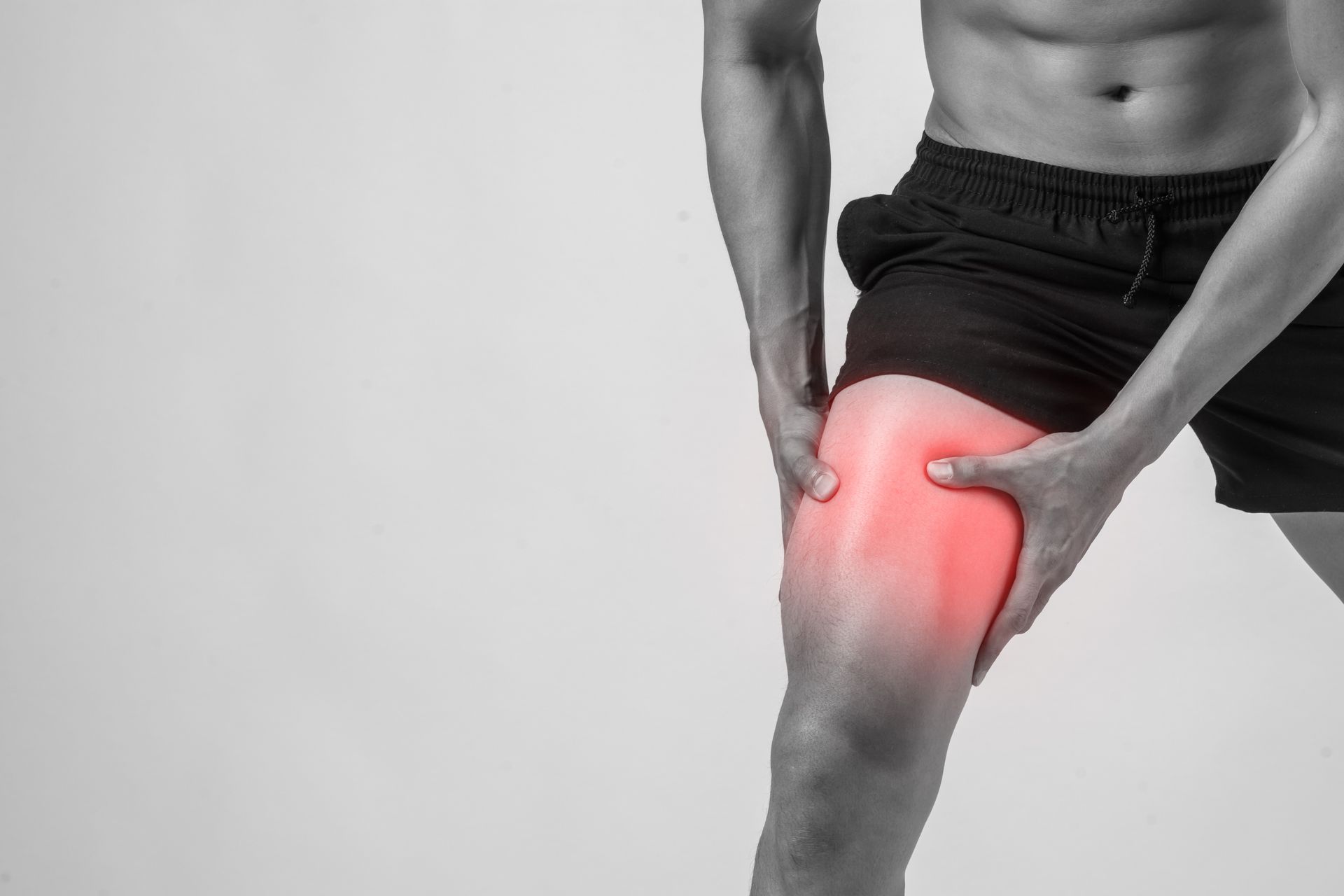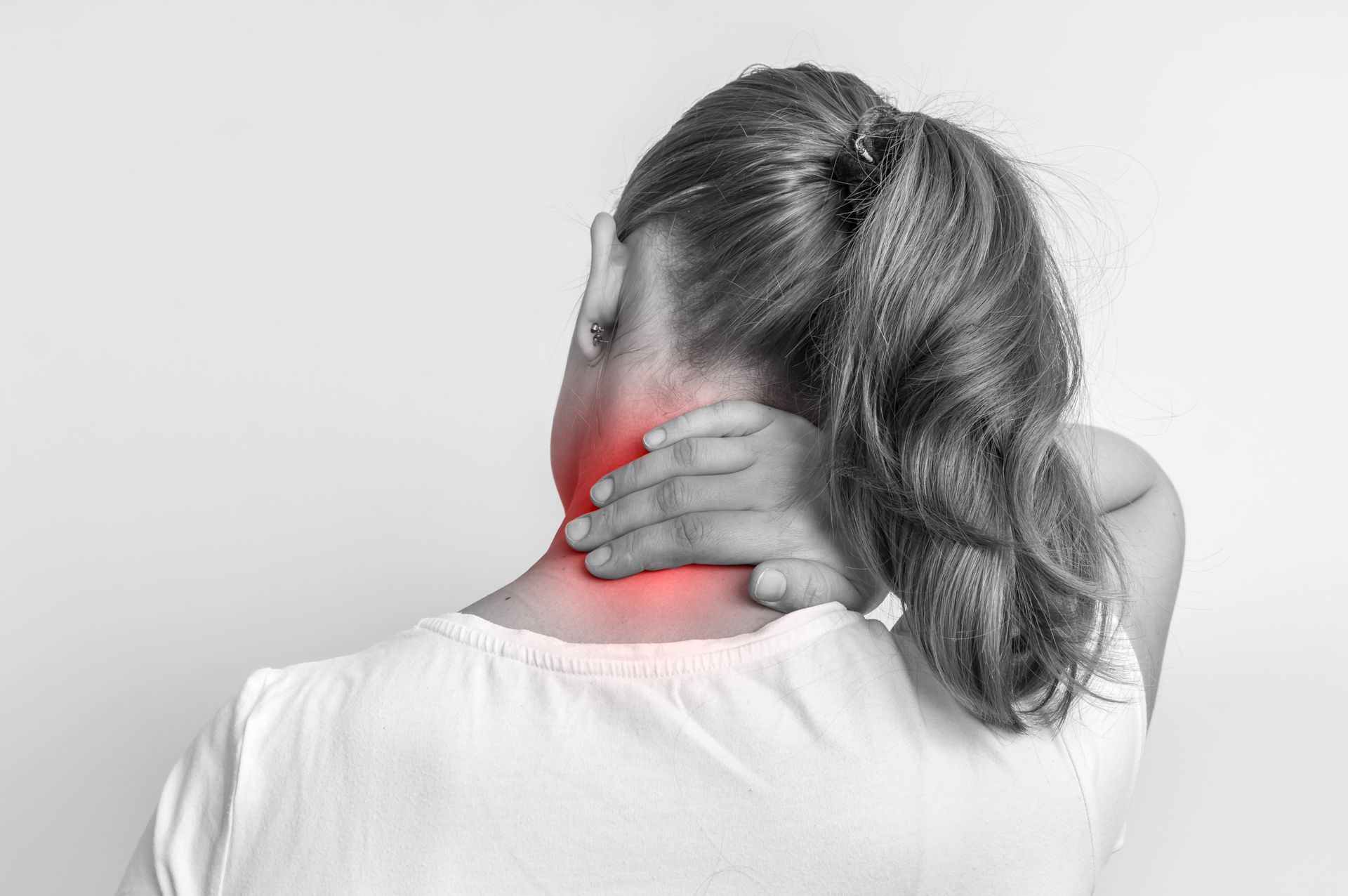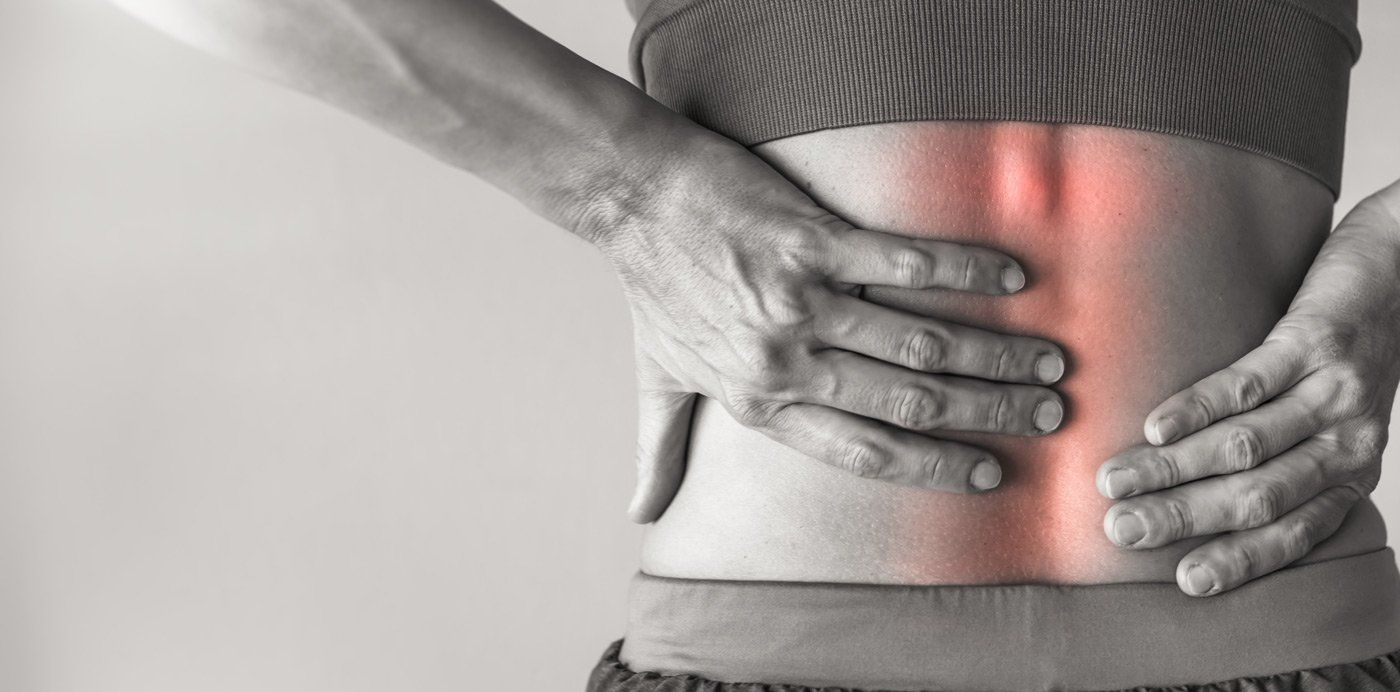Eat Healthy
Get Healthy
- Eat more wholegrains (Monday)
- Vary your veg (Tuesday)
- Drink plenty (Wednesday)
- Move more (Thursday)
- Be mind kind (Friday)
- Get active together (Saturday)
- Eat together (Sunday)
Monday
The challenge: Have a wholegrain option with at least one of your main meals every day.
Why is it important to have wholegrains?
Wholegrains are a great way to increase our fibre intake, which is important for our health. In the UK, many of us are not getting enough fibre in our diet. Wholegrains provide some essential vitamins and minerals that have a wide range of important functions in our body.
Wholegrains include: wholemeal or wholegrain breads, wholewheat pasta, brown rice, wholegrain breakfast cereals, porridge oats, grains (e.g. bulgur wheat, barley, spelt, farro, freekeh or quinoa).
How can we fit wholegrains into our diet?
We can include wholegrains at meals and snacks. For example, porridge or a wholegrain breakfast cereal, such as bran flakes at breakfast time, wholegrain rye crackers with peanut butter as a snack, sandwiches made with wholemeal bread for lunch and wholewheat instead of white pasta, brown rice instead of white as part of an evening meal. More unusual types of wholegrains, such as freekeh or barley, can be included in dishes instead of rice or couscous.
Tuesday
The challenge: Have a variety of vegetables this week.
Why are vegetables important?
Vegetables provide a range of different vitamins and minerals needed for health. They also provide fibre, which is important for the digestive system and can help reduce the risk of developing heart disease, stroke, type 2 diabetes and bowel cancer in adulthood.
What counts towards the 5 A DAY recommendation?
Examples of 5 A DAY portions of vegetables and pulses include:
- Three heaped tablespoons of cooked vegetables like broccoli, peas, cabbage or carrots
- A dessert bowl of salad
- Three heaped tablespoons of beans, chickpeas or lentils (but only once each day)
However, we don’t have to limit our portion sizes of vegetables and having smaller amounts of lots of different kinds (e.g. in a soup or stew) is great too! Remember that fresh, frozen, canned, dried and juiced types all count.
How can we include vegetables in our diet?
- Add extra vegetables to dishes, such as spaghetti bolognese, curry or cottage pie. Vegetables can be a great way to add bulk to meals and increase the amount of fibre they contain
- Just like fruit, vegetables make a great snack. Try carrot, pepper or celery sticks
- Vegetable juice or smoothies (up to a maximum of 150 ml a day) can be served as a drink alongside meals
Wednesday
The challenge: Have at least 6-8 unsweetened drinks every day – water is a great choice.
Why is it important to drink plenty?
- On average, water makes up more than half of our body weight and we need fluid for our body to work properly
- Water is constantly lost through sweating, breathing and using the toilet, so it is important to drink throughout the day to keep hydrated
- Being dehydrated can make it difficult to concentrate and may cause headaches and tiredness
How much should we drink?
In the UK, it is recommended that we have 6-8 drinks every day, as well as any water provided by food. Younger children usually need smaller drink servings (around 150-200 ml) than older children, young people and adults (around 250-300 ml). The exact amount of fluid we need will depend on many factors, including age, activity levels and the weather.
Healthier drink options:
- water (this is the best option for a regular drink)
- lower fat milks or calcium-fortified, unsweetened dairy alternatives
- unsweetened tea/coffee (but limit for young children and pregnant or breastfeeding women)
- vegetable/fruit juices and smoothies*
*100% vegetable/fruit juices and smoothies should be limited to no more than a combined maximum of 150 ml a day as they contain free sugars.
Drinks that contain sugars, such as juices, smoothies, soft drinks, milk shakes, and energy and sports drinks, can contribute to energy (kJ/kcal) intake and increase the risk of tooth decay, if consumed regularly.
Thursday
The challenge: Get active every day – move more.
Why is it important to get active and move more?
Physical activity is beneficial because it can:
- help to manage the balance between energy in and energy out, to maintain a healthy weight
- improve heart health and strengthen muscles and bones
- improve sleep, relieve stress and lift mood
How active do we need to be?
We are all advised to minimise inactivity. In addition, there are specific age-related recommendations. When we are moving more, it is still important to stick to the social distancing and exercise guidelines from the Government.
Pre-schoolers (aged 3 to 4)
- Be active for 180 minutes (3 hours) spread throughout the day, including at least 60 minutes of moderate-to-vigorous intensity physical activity.
Children and young people (aged 5 -18 years)
- Be active for at least 60 minutes every day (ranging from moderate-to-vigorous intensity).
- Engage in a variety of types and intensities of physical activity across the week, to develop movement skills, muscular fitness and bone strength.
Adults (19 - 64 years)
- Be active for at least 150 minutes each week (moderate intensity), or have 75 minutes of vigorous activity a week.
- Do muscle strengthening activities on two days or more each week.
Inactivity
As well as being physically active, it is also important that we reduce the amount of time being sedentary, such as watching TV, playing computer games and travelling by car when we could walk or cycle.
Over time, sedentary behaviour can lead to weight gain and obesity, which can increase the risk of developing chronic diseases in adulthood such as heart disease, stroke, and type 2 diabetes.
Friday
The challenge: Do something kind for your mind today.
Why is it important to be mind kind?
Mental health is a vital aspect of overall health and wellbeing. It is estimated that around one in six adults in England have a common mental health problem but less than half access mental health treatments. The figure in children (5-19 years) has risen to one in eight with the figure at its highest in older children. Mental health issues can include anxiety, depression, stress, addiction, loneliness and personality disorders. It is especially important to care for your own mental wellbeing during the coronavirus pandemic.
How can you be kind to your mind?
Focusing on what we eat and drink, being active and ensuring we get enough sleep, may all have positive benefits on mental health.
We should all aim to:
- have a healthy, varied and balanced diet (and follow alcohol guidelines)
- keep active by following physical activity guidelines
- have sufficient sleep (7-9 hours a night for most adults and 9.5 -11 hours for children aged 5-11 years)
This can help support a healthy lifestyle, help raise self-esteem and boost a positive mood.
Some people find that making time to help others, through activities such as volunteering, can be extremely rewarding and fulfilling. There are lots of ways you can help others during the coronavirus pandemic, such as volunteering to support or providing care for a vulnerable person.
Saturday
The challenge: Get active with others this week.
The Get active together challenge is intended to highlight the importance of undertaking activities together. During and after lockdown, social distancing rules will need to be applied depending on personal and local circumstances.
Why is it important to get active together?
There are many reasons why physical activity is important for health. However, being active together has a number of additional benefits, such as helping us:
- develop social skills
- learn a new activity or sport
- work as a team
- enjoy new experiences
- establish active habits for later years
- look after our mental health
- encouraging behaviour change through working together and setting targets
We may be more likely to stick to being active if we have the motivation of others. Getting active together can be a great way to socialise and can be a great opportunity to spend time with family and friends. It is also a way of making new friends and feeling part of a community.
How can we be active together?
There are lots of ways to get active together, whether it is getting a friend involved in an activity we enjoy or trying something new with friends or family. You could:
- arrange to meet a friend to walk and talk
- organise a family swim
- plan a day outdoors with family or friends, e.g. visit the countryside/a farm, take a walk through woodland or along a canal
- organise a family game of football, cricket or rounders
Sunday
The challenge: Eat and enjoy food with others this week
The Eat together challenge is intended to highlight the importance of undertaking activities together. During and after lockdown, social distancing rules will need to be applied depending on personal and local circumstances.
Why enjoy food together?
Spending time with family and friends can help develop self-esteem and social skills, allowing everyone to talk about what is important to them.
Eating occasions can be a great opportunity to spend time together.
When we are trying to eat healthily, enjoying food together can help with motivation. Spending time with others can also be beneficial for mental health and can be a great opportunity to have fun with friends or family and try new dishes.
Enjoying preparing and cooking food together
Enjoying food does not mean just eating. Everyone can help plan, shop, prepare and cook the food. This is not only great socially, but can help us learn and develop new food skills for life!
Get family and friends involved in suggesting ideas – they may have a recipe they would like to share, cook or teach to someone else. Whatever the reason, cooking together has many great benefits!
Try to avoid mealtimes in front of the TV as this can draw attention away from others around you. Distractions can also delay hunger cues so may encourage us to eat more than we need.
